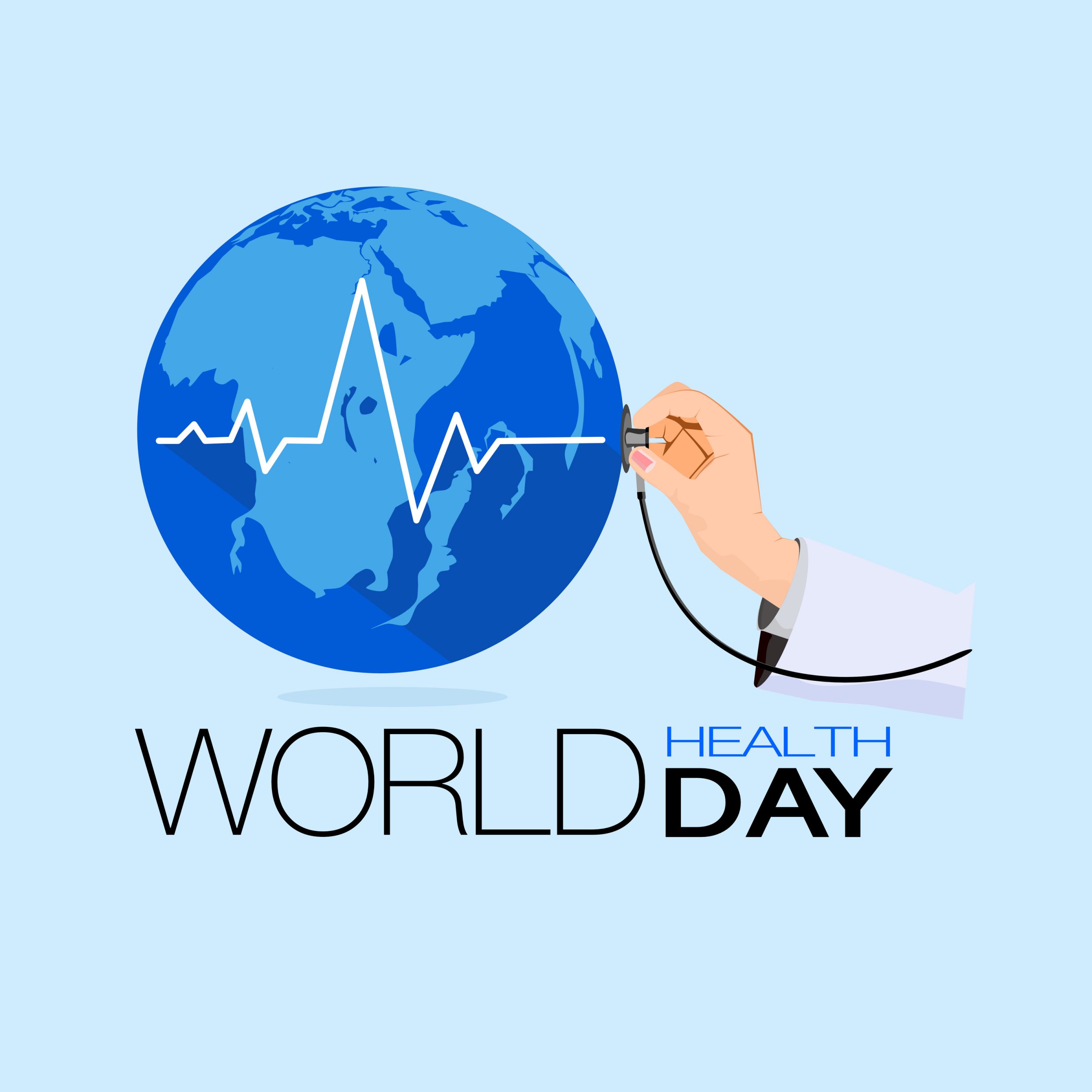
07 Apr The road to equality: building a fairer, healthier world
On World Health Day, the Amsterdam Institute of Global Health enthusiastically joins the WHO campaign by highlighting our research contributions that alleviate (health) inequities encountered worldwide. On many levels, societies provide unequal opportunities to access the healthcare system. Many groups endure avoidable health, education, and income inequities that arise from the circumstances in which they are born, grow up, live, work and age. The dire predicament of such groups has been incorporated into this year’s WHO World Health Day campaign to “build a fairer, healthier world.”
These groups “struggle to make ends meet with little daily income, have poorer housing conditions and education, fewer employment opportunities, experience greater gender inequality, and have little or no access to safe environments, clean water and air, food security and health services.” The preventable illnesses and premature deaths following these inequalities harm our societies and economies. At AIGHD, PhD fellow, Gerton Rongen, researches the links between poverty, inequality, and economic growth through multiple projects. One of these projects focuses on trends in Malaysian poverty and income dynamics.
Based on nationally representative data on poverty and income in Malaysia from 2004-2016, Gerton and colleagues use a synthetic panel approach to ‘follow’ households over time, which allows them to describe general trends and regional variations in poverty and income dynamics. By analyzing the poverty trends and economic security in multiple regions, Gerton and his team demonstrated that poverty and mobility trends differ, notably geographically. The verdict is that more attention needs to go towards addressing regional inequality in the country to eventually ensure that chronic poverty is minimized. Building from there, all people have better chances to enjoy quality living and working conditions and good access to health services where needed.
Gerton explains that his research contributions are crucial in providing better knowledge about how poverty and inequality actually look. With this research, “we are able to draw conclusions about, for example, chronic poverty, which will give us a better image of which groups are left behind in a specific society.” While Gerton’s research is focused on poverty and income mobility, inequalities in health are often related. It has been shown in different contexts that those who live below the poverty line have inadequate access to healthcare infrastructure, among other contributors to poor health. Yet the link between poverty and health can also work in reverse. If someone in a household falls ill, and there is no health insurance or high cost for treatment, then health expenses can be catastrophic. This can drive the household into poverty, for example, if productive assets had to be sold to pay for the expenses. Furthermore, if the person who falls ill was the main income-earner, then income can fall dramatically. It is not just poverty that Gerton is examining, but also the vulnerability to fall into poverty.
Gerton has also taken part in the impact evaluation of a water and sanitation program in the informal settlements of Durban, South Africa. He has done extensive qualitative fieldwork in Bosnia and Herzegovina for the evaluation of an inclusive education program and recently spoke at a World Bank seminar in Malaysia about his poverty dynamics study. He aims for his work to translate into policies and practices that provide equal opportunities for all.
In order to “build a fairer, healthier world” we must work together to collect reliable data, work to understand where inequalities lie and act beyond borders to tackle inequity in order to give everyone an equal chance at a healthy life.
